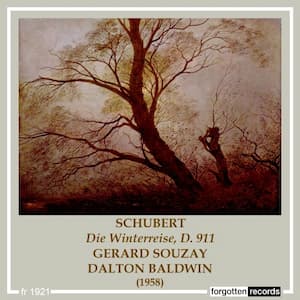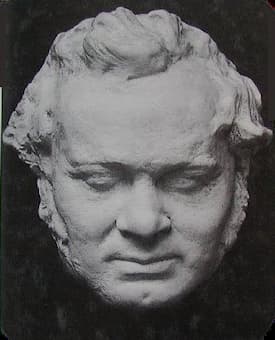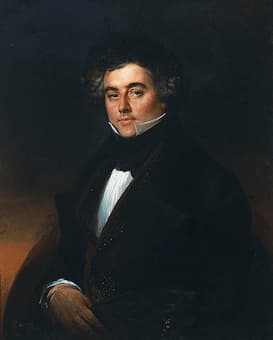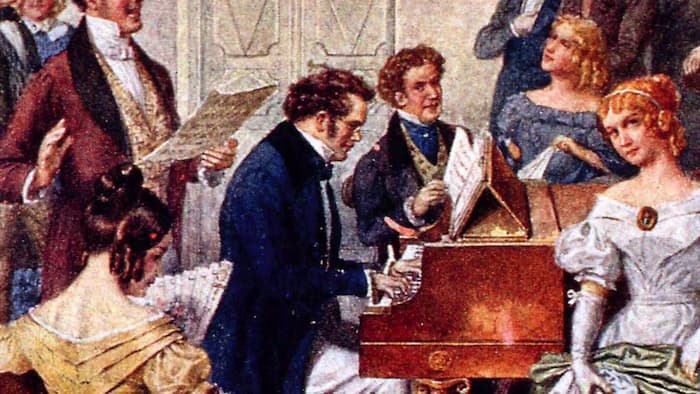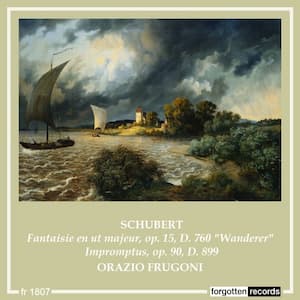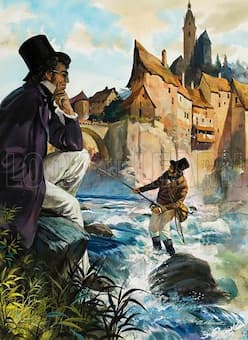The song cycle enabled a composer to look at a subject from a variety of points of view. In the two song cycles by Franz Schubert (1797-1828), the first, Die schöne Müllerin (The Beautiful Miller’s Daughter), setting the poetry of
Schubert
On 19 November 1828, Franz Schubert died at the age of 31 in his brother’s flat in Vienna. He had been seriously ill for some time, with the primary symptoms of syphilis presenting themselves as early as December 1822. Premonitions
Franz Schubert started his composition lessons with the famed Antonio Salieri at the age of 15. Salieri quickly realized that he was looking at an exceptional talent, and he instructed the teenage Schubert free of charge. Salieri gave Schubert a
Count Ferdinand Troyer (1780-1851) occupied a position of power as chief steward to Archduke Rudolf of Austria and also as an amateur clarinettist. His performance of the clarinet obliggato in ‘Parto, parto’ from Mozart’s La Clemenza di Tito with the
At the heart of Schubert’s Wanderer Fantasy is a song he wrote in 1816 based on a text by Georg Philipp Schmidt von Lübeck (1766 – 1849). In the song, the wander seeks happiness, but cannot find it anywhere –
Franz Schubert (1797-1828) met the singer Johann Michael Vogl (1768-1840) in March 1817 at the house of a mutual friend, Franz von Schober. Schober was an Austrian poet and writer and supplied Schubert with the libretto for his opera Alfonso
Schubert’s first set of Impromptus (D899) are amongst my most favourite pieces of piano music, ever since my mother, who admired the pianist Alfred Brendel, bought me the score of the Impromptus and Moments Musicaux after hearing Brendel perform them

